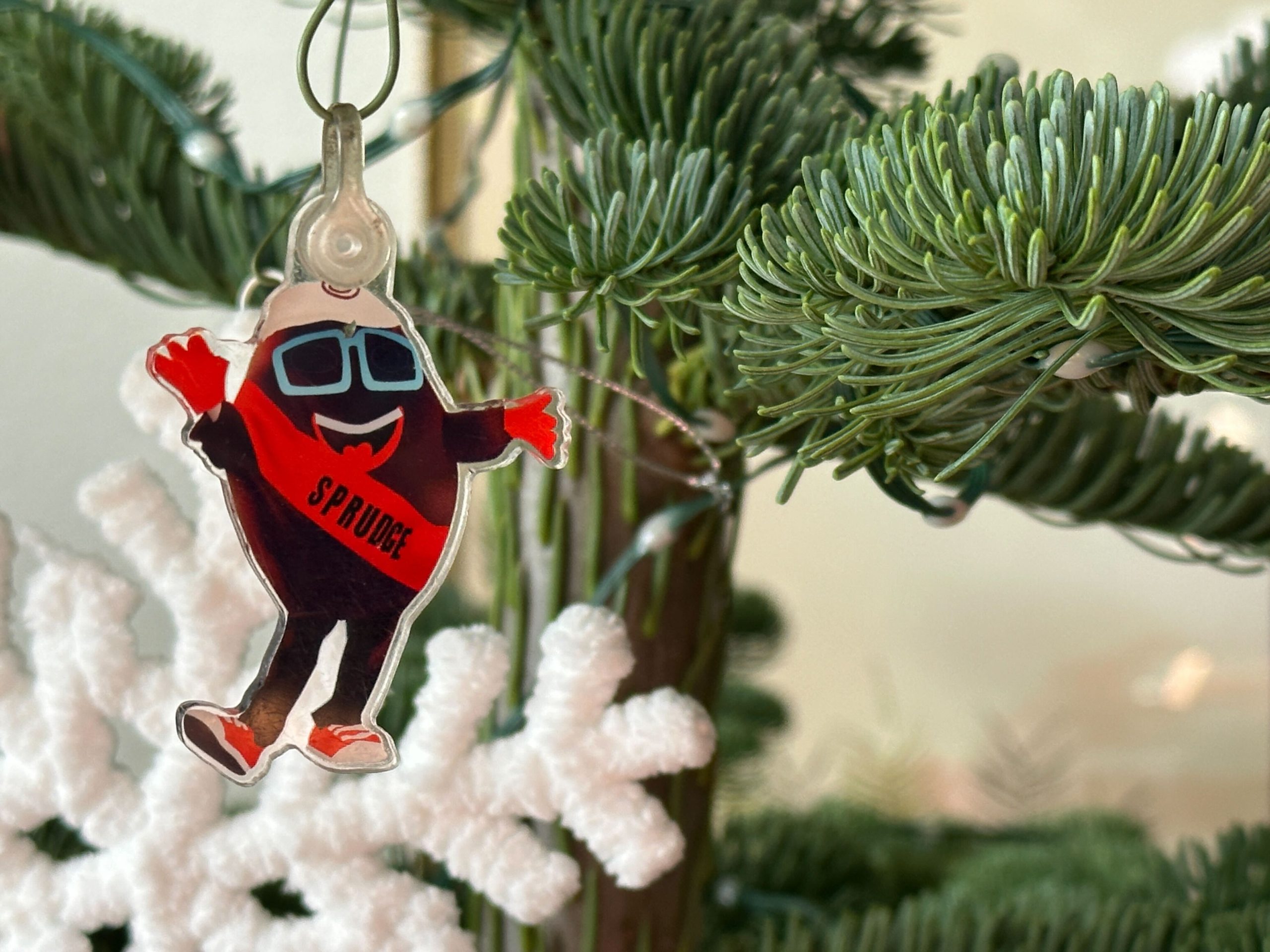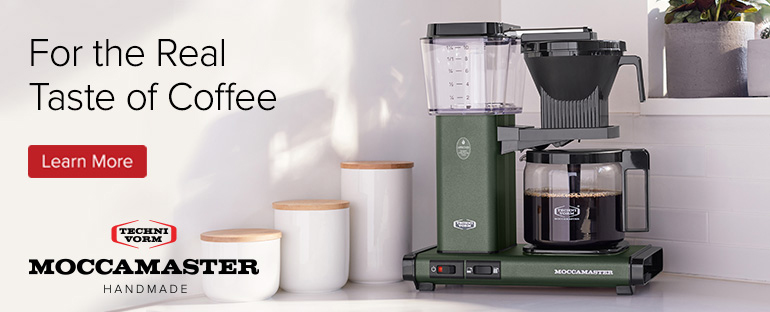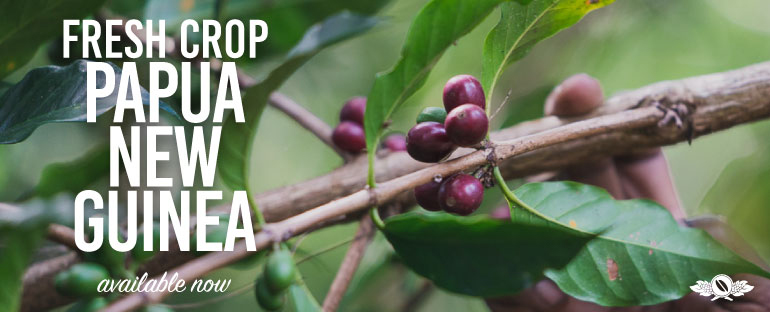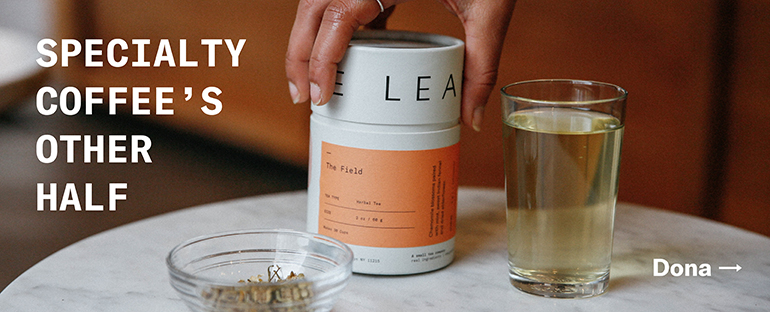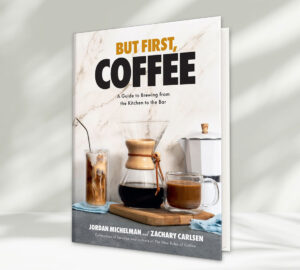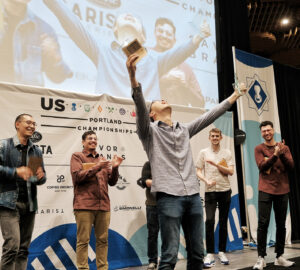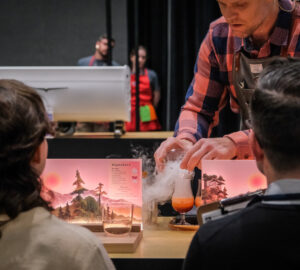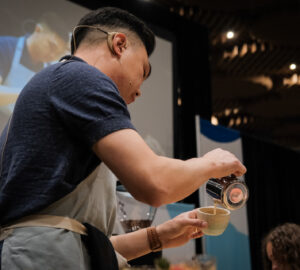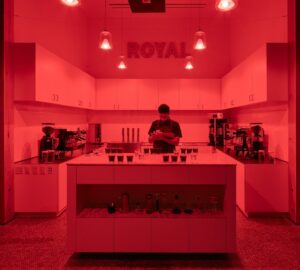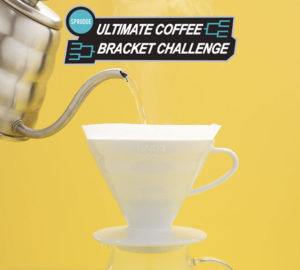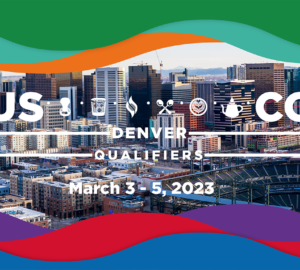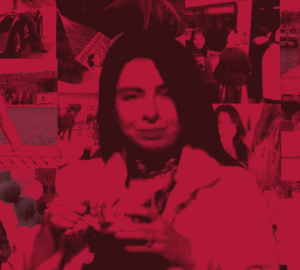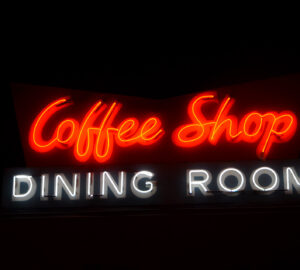Tired: Hacking hotel coffee or pod machine.
Wired: Hauling coffee equipment on your travels.
Inspired: Gifting your family—who may or may not drink coffee—with brew devices, so you don’t have to pack it all.
You know you’ve hit a turning point in your coffee hobby or profession when you find yourself prioritizing coffee plans before you travel. Do you pack a set of brew equipment? Rely on a handful of instant coffee packets? Or identify the specialty roasters near where you’re staying?
As the drink of choice for two in three Americans, coffee is a necessary part of the day, no matter where you are or where you’re headed. With “holiday stress” already a common issue before COVID, it’s probably not the best time to go cold turkey. So while the winter holidays continue, let’s look at how coffee plays an important role.
I remember one winter, for a three-week stay with my family, I carefully packed a Baratza Virtuoso, Acaia scale, Chemex, and filters into my carry-on. From previous visits, I had learned that despite my parents insisting that they didn’t drink coffee, they would inevitably ask to have it every morning. And if you haven’t experienced it before, hand grinding three cups’ worth of beans—before even having a cup, mind you—is not my idea of fun. Since then, their brew equipment has been upgraded from a Clever to a Chemex because I got tired of making so many single cups.
The subscription service Beanbox ran a consumer survey back in 2019 and found that 25% of respondents will bring their preferred coffee home for the holidays. And possibly due to elevated stress levels, 39% of those surveyed confessed to increasing their coffee intake during the holidays. Roasters and retailers capitalize on this with a slew of fun coffee advent calendars, themed signature drinks, and tasty holiday blends.
Coffee professional Evan Gilman took it a step further by concocting his own coffee mixes for gatherings. “Especially on Thanksgiving, it was important to have a good coffee after our big meal so that we didn’t immediately pass out,” he shares. “Of course, this had the deleterious effect of working against the caffeine and pretty much putting me straight to sleep. But what a digestif!” He prepped large batches of coffee for two different drinks. For the hot buttered coffee: take a mug and fill it three-quarters with coffee, add a heaping tablespoon or two of hot buttered rum mix, then a shot of rum, and froth and mix well. The “hot scotchlate” is essentially the same but with hot chocolate mix and a shot of peaty scotch (he notes, “I used Laphroaig 8 year for the original version.”).
***
For 25 years, the appearance of Starbucks’ holiday cups and drinks has signaled the arrival of winter. “Looking back at all the years of holiday cups, you can see the commitment to design and artistry and all things handcrafted,” said Gary Jacobson, Starbucks creative director for this year’s holiday campaign. “I think that’s why they have become part of a lot of people’s holiday traditions.” Setting aside the company’s latest actions and labor issues for a moment, it’s worth noting that these cups have a controversial history. Remember the minimalist, red ombre cups of 2015? Those were declared a “war on Christmas,” while the 2017 design’s pair of holding hands was accused of being part of the “gay agenda.”
An outraged protestor of a cup design declined to call it a boycott. Instead, he declared it a “movement,” encouraging his fellow conservative Starbucks customers to join in on “Operation #TrumpCup.” Miranda Popkey writes in Extra Crispy, “The tactic is a revealing one: these protests treat the coffee chain as neither a product nor a company, but as a kind of public forum.” For a while, Starbucks enjoyed a brand reputation of being liberal, but its recent anti-unionizing efforts have marred this perception for many.
***
Rounding out the winter—some would argue that it’s spring, but those people must’ve never lived in the Midwest—is Passover. In a fascinating documentation of how Maxwell House became synonymous with the holiday for over nine decades, Rebecca Firkser writes that advertising agency Joseph Jacobs Advertising “began working with Maxwell House in 1923 to run a campaign informing the Jewish public that coffee was kosher for Passover.”
In the beginning, a branded Haggadah came free with every Maxwell House coffee can purchased in the grocery store and detailed the rituals for a Passover seder. Aimee Levitt in The Takeout writes, “Jacobs was resourceful: he found a respected rabbi from the Lower East Side to proclaim that coffee beans were actually berries, and therefore kosher for Passover.” The still-free booklet has been printed 60 million times around the world and is arguably one of the most effective and long-running campaigns in consumer marketing history.
***
The pandemic has wreaked havoc on previously entrenched traditions. Some are on pause indefinitely while new ones have been created.
For a few years, Third Wave Wichteln (currently paused) ran the largest international specialty coffee “secret Santa” type of event. Enthusiasts and professionals alike would box up at least one bag of coffee and extra goodies, especially if being shipped overseas. The sense of community was real: I’m still in touch with some of the people I sent a gift box.
In Sweden, adventskaffe in December is described by Anna Brones as “a little more advanced” than the fika coffee break. She explains, “Not only do you come together to drink coffee with family and friends, but there’s also glögg, Swedish mulled wine, and plenty of holiday baked goods on hand. And you’ve got four Sundays to do it; you could even do one every Sunday of Advent if you so choose.”
Traditions don’t have to involve Christmas morning coffee or red cups of peppermint mocha. A solo practice like the one that coffee professional, writer, and historian Valorie Clark enjoys can be just as enriching. As a way to keep up with her daily writing habit and to take a break from socializing, she packs a bag of decaf coffee. “After everyone else has gone to sleep, I brew it to drink coffee and write by the tree,” says Clark. “It’s a nice moment to center myself and keep up with habits that are easy to drop during the holidays.”
But perhaps your traditions need a refresh, or you want to create memorable ones of your own. “Rituals are characterized by formality, repetition, sequence, and meaningfulness,” explains Juliana Schroeder, an Associate Professor and Harold Furst Chair in Management Philosophy and Values at UC Berkeley Haas School of Business. In a recently published paper, co-authored with Daniel H. Stein, on people’s reactions to changes in rituals, they found that the more ritualistic a holiday was, the more “moral outrage” it elicited when those rituals were altered. “If you have to alter a tradition, don’t try to use some sort of instrumental reason,” says Schroeder. Small changes can elicit a large outrage, even if presented with a reasonable explanation. “Instead, try to tie the alteration to the meaning of the ritual so that you don’t violate its meaningfulness. For example, if you have to move a holiday celebration, you could move it to another date that you think could also have similar meaningfulness.”
To create your tradition, you need to consider the aforementioned components of a ritual. Specificity is important, as well as the symbolic value or “story” that goes with the specific detail, says Schroeder. For example, if you want to drink a cup of coffee out of a certain mug, you need to define why that mug is important to you (she gives as an example, “The reason why you use this cup is because your grandmother used the same cup in the early 1900s”). Add more details with stories like when you drink it, where, with whom, and you’re more likely to get the ritual locked in. She says, “The more you can link the details up with particular stories, the more you’ll be reminded of the meaning with every action you do.”
Whether you’re catching up with friends over a cup of coffee or serving a mixed drink at the end of a holiday meal, coffee is the throughline that supports many a winter holiday tradition. If you don’t have your own winter coffee tradition, perhaps it’s time to consider establishing one. There’s no time like the present.
Jenn Chen (@thejennchen) is an Editor At Large at Sprudge Media Network. Read more Jenn Chen on Sprudge.








